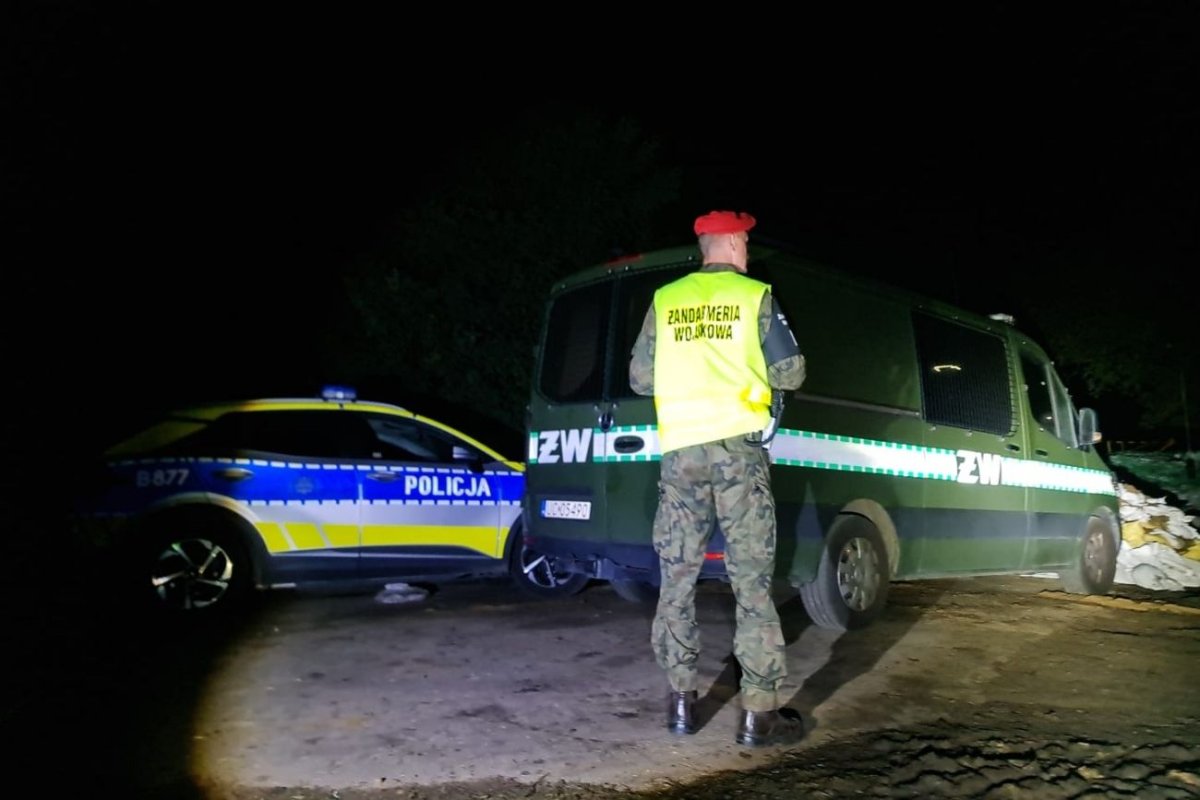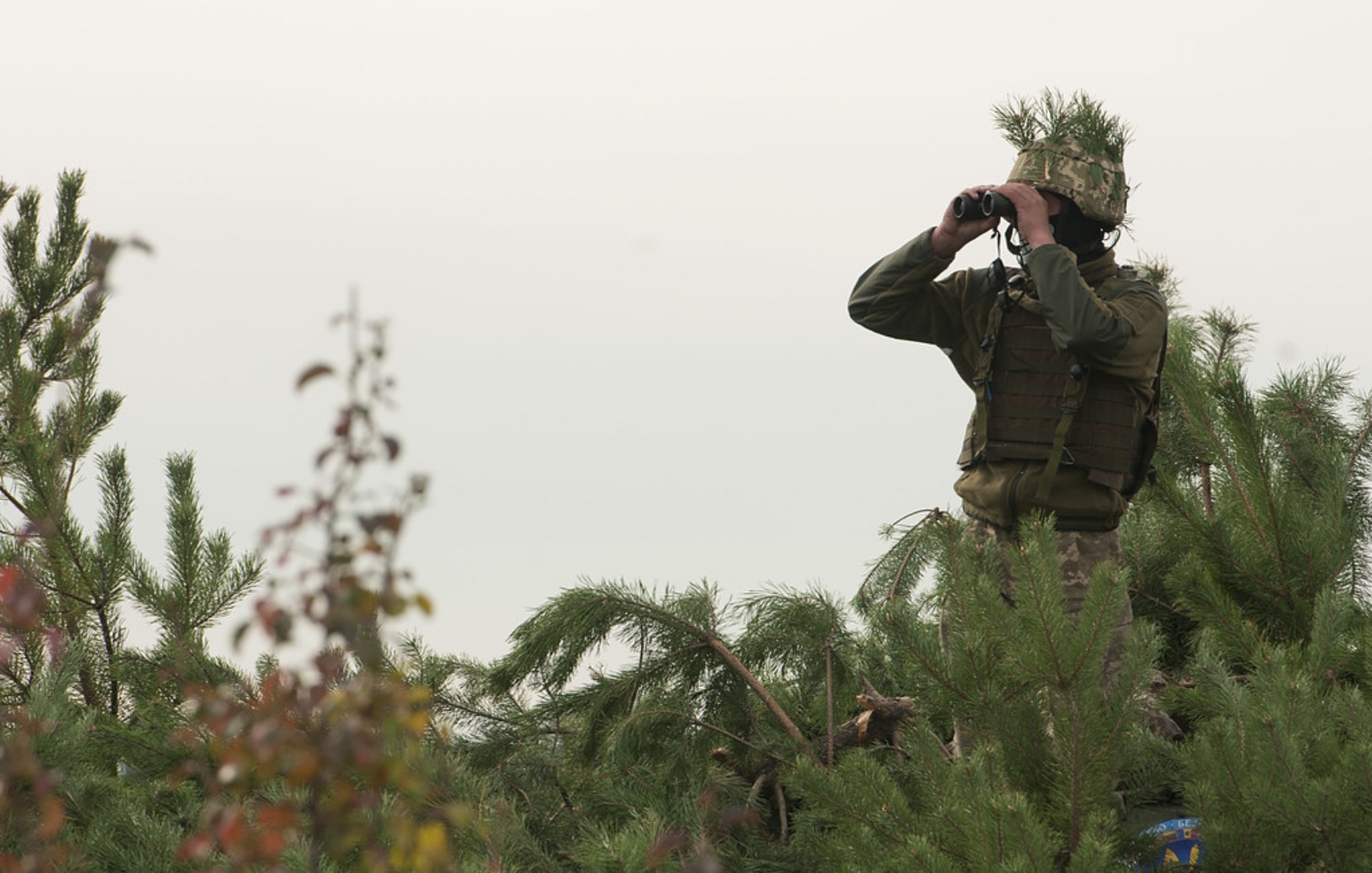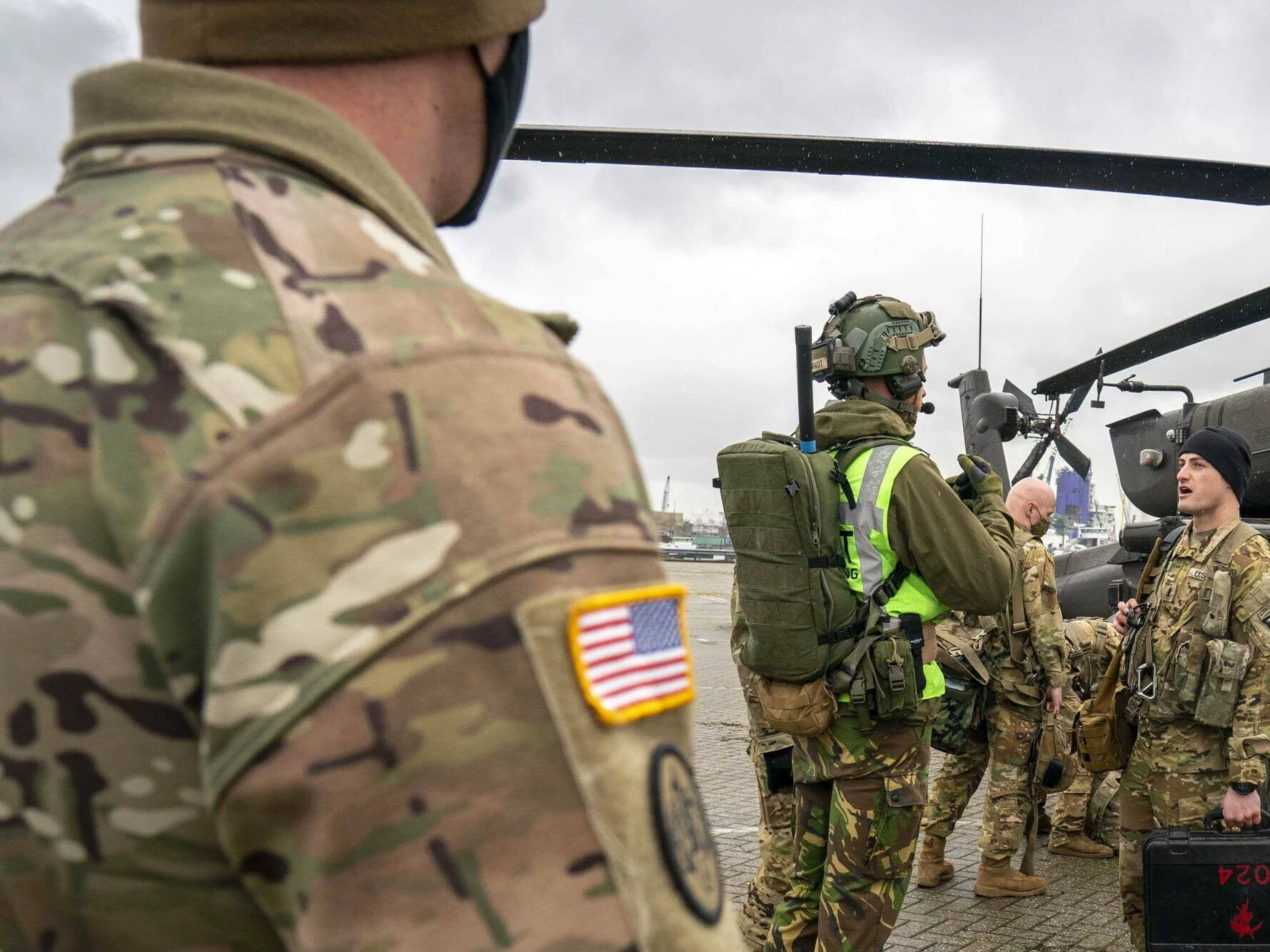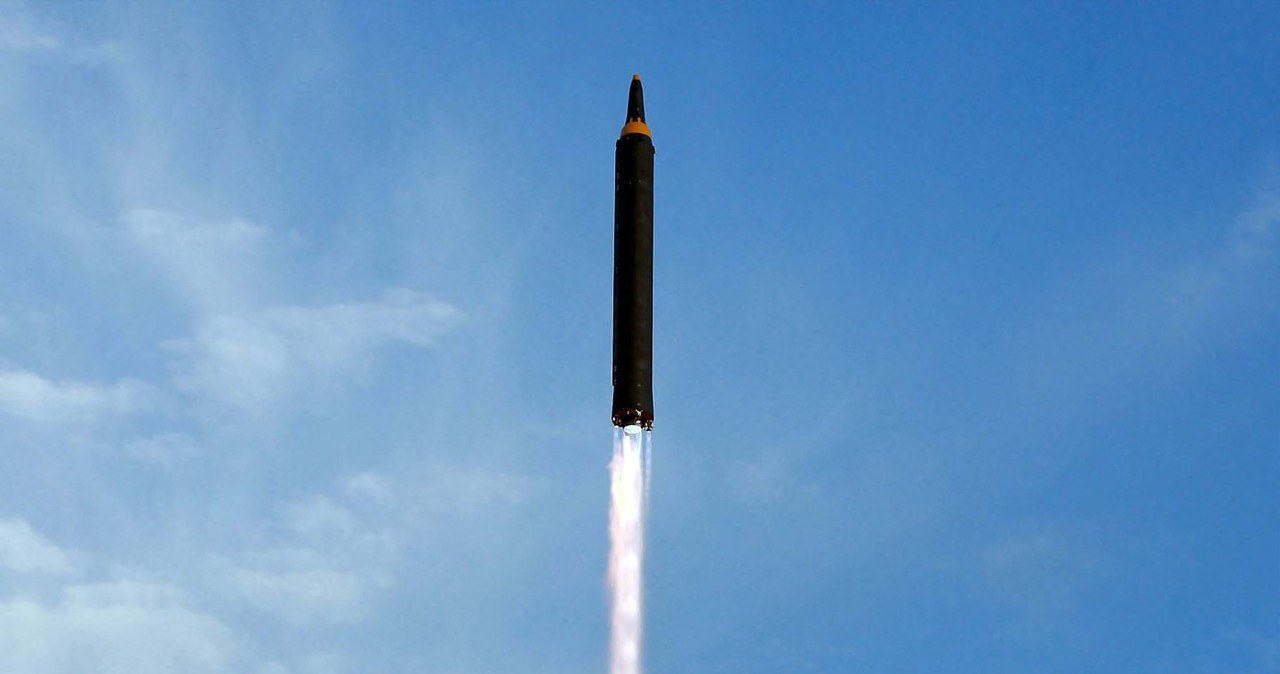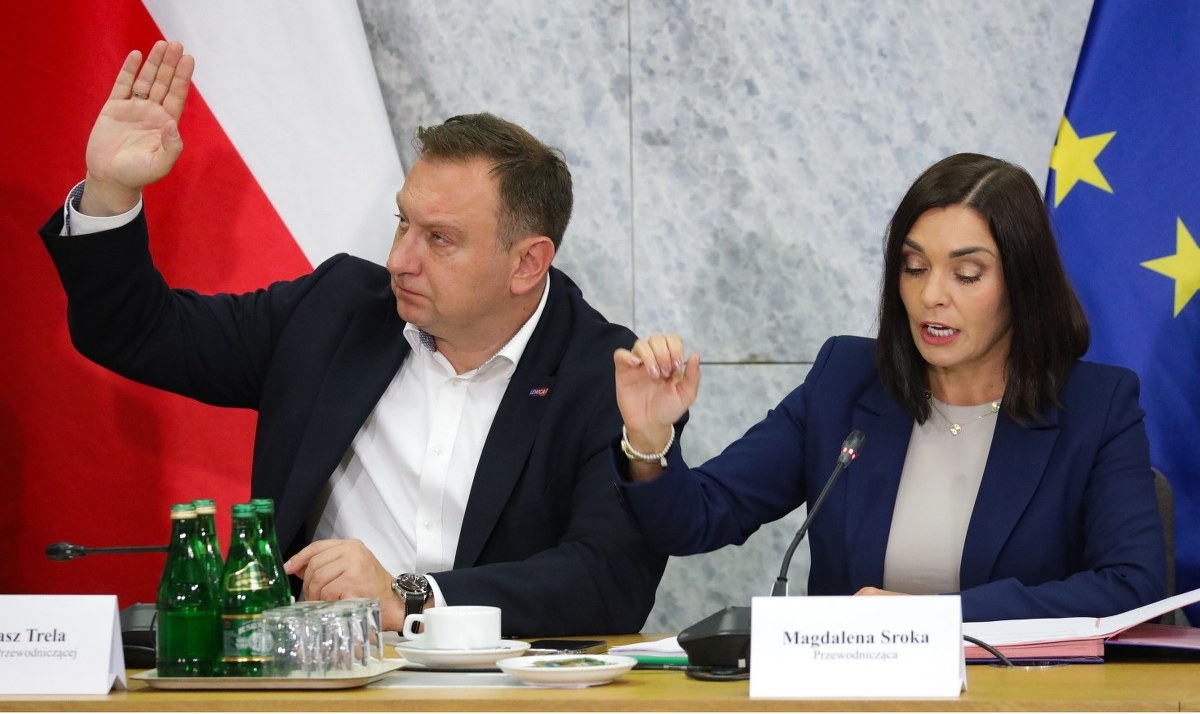Attacking a Polish soldier
On Tuesday, May 28, during a patrol on the border, a Polish soldier was attacked with a knife by 1 of the migrants attempting to enter the country from Belarus. After the incident, there were voices suggesting that the border belt be mined. The attack on the soldier took place on Tuesday around 4:30 on the Polish-Belarusian border in the vicinity of Dubicz Church (Podlaskie Voivodeship).
According to the spokesperson for General Command of Armed Forces Types, Lieutenant Colonel Tomasz Kwiatkowski, the injured man was transported to a infirmary in Hajnówka, where he underwent surgery. Then he was stable. Major Magdalena Kościńska, spokeswoman of the 16th Pomeranian Mechanized Division, besides informed the Polish Press Agency that the injured soldier was stable.
However, in a Wednesday interview on the radio ZET, the deputy chief of the MON Cezary Tomczyk said that the condition of the injured soldier is dense and that he fights for his wellness and life.
Tusk at the border
According to the plan, from 9 a.m. the most crucial politicians of the government, present at the border with Belarus, will give interviews for the media. Prime Minister Donald Tusk announced yesterday after an immigrant attack on a soldier that he would arrive in the dam area on Wednesday.
At a press conference, the head of government announced the restoration of the 200-metre buffer region at the border with Belarus. He added that they came here to emphasize that in all situation, especially as dramatic as attacking a soldier, the Polish state stands on the side of soldiers and officers of the Border Guard.
The Prime Minister besides added:
Today we have been recommended by those who service with you here all day, so that we can reconstruct the buffer region in the belt about 200 meters, where this is essential from the point of view of the effective operation of the Polish state's services at the border. Together with the Ministry of National Defence, the Ministry of Interior and the full government, we will make this decision at the beginning of next week.
Kosiniak-Kamysz warned against organised attacks on Polish soldiers, stressing the request for cooperation between armed forces, police and Border Guard. Siemoniak reported on sending additional platoons to the places most susceptible to sabotage and on expanding the integration of police forces, Border Guards and troops. He besides highlighted the request to decision specialised equipment to the border to guarantee safety. He besides warned against expanding force from Russia on the Polish border.
Line mine
The attack on a soldier is an asumpt to discuss the option of mine the border belt. Jarosław Wolski, Polish political scientist, journalist, writer and civilian analyst OSINT (Open origin Intelligence) dealing with the military and defence, opposes this solution.
It considers that the over-border striping would origin crucial obstacles to trade and movement of people in the area, which could consequently have a negative impact on the economy of the area. He besides notes that there is simply a hazard that mined areas may origin accidental civilian casualties, which would be morally unacceptable. Additionally, mines may stay in the area for many years after the conflict has ended, posing a threat to the residents.
... A minute after the first minefield, we would have a group of women and children driven by grown bulls straight through this field and in the background it would be recorded by Belarusians and Russians. Image damages for Poland are unpredictable – said the analyst.
Wolski emphasizes that there are also little drastic methods of securing borders that should be considered before the decision to mine the border belt is made.



